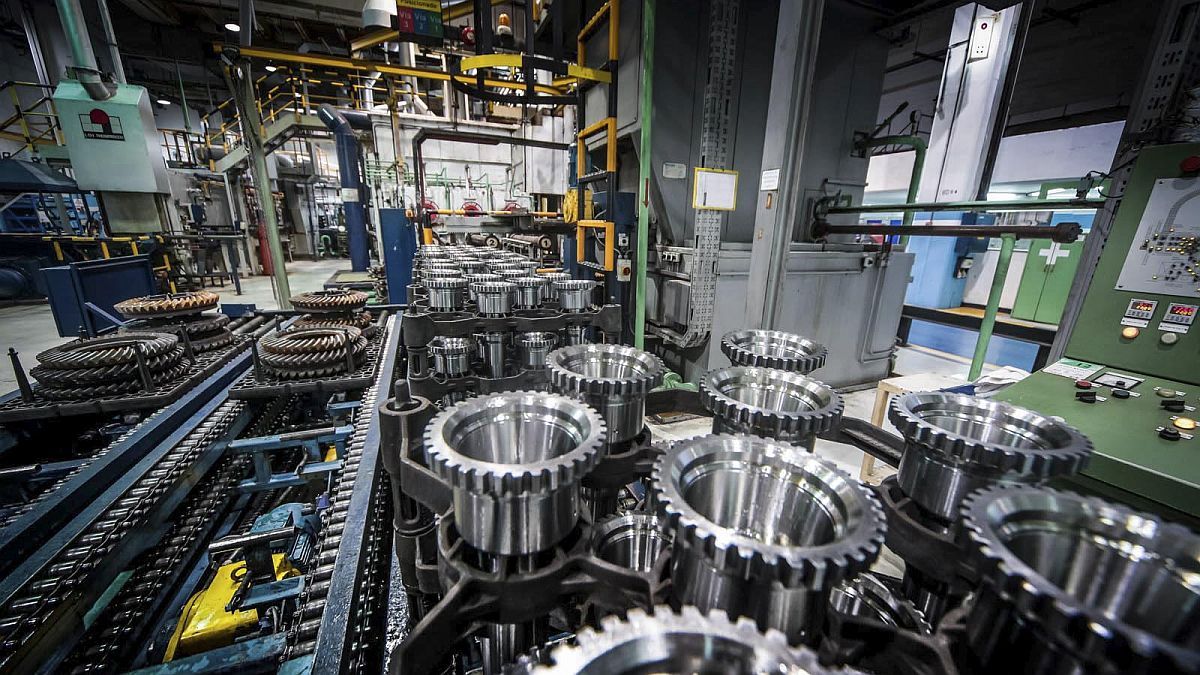The SME retail sales plummeted by 25.5% in February and accumulated a 27% decline in the first two months of the yearaccording to the information collected by the Argentine Confederation of Medium Enterprises (CAME). Added to this scenario is that economic activity shows falls in almost all its sectors, which consolidates the recessive performance of the economy.
The monitoring of economic activity surveyed by the Center for Political Economy (CEPA) shows a strong contraction in seven of the twelve sectors, three of them above 20%. These dates, “they anticipate a sharp drop in February”they pointed out from the consultancy.
Companies face this situation with plant stoppage as well as with staff suspensions and early vacation. However, in the long term this can translate into a increase in unemployment –indicator that hit a historic low in 2023 -, in the extension of the crisis.
“As far as the economy is concerned, it is logically going to be a very bad year. I think the net GDP of the sector Agrowhich will obviously compensate for the rebound effect in relation to the comparison with 2023, it will fall between 5% and 7%; they are very significant numbers. It is explained by the characteristics of the new economic program which involves a fiscal and monetary adjustment very severe to an economy that already had low defenses, which reduces the levels of internal demand and therefore production. It remains to be seen to what magnitude and at what speed it will result in an increase in unemployment levels,” he analyzed in dialogue with Ambit the director of the consulting firm Sarandi, Sergio Chouza.
Fall in real wages and higher unemployment due to the recession
Until last year there was a fall in real wages due to inflationary accelerationbut it did not translate into a greater unemployment rate. Currently maintains the decline in purchasing powerin it first two months of the year was 20.7%as explained Luis Campos, but to this you can add the rise of the unemployment rate: “This trend will probably begin to increase, depending on how long the current crisis lasts,” highlighted the director of the consulting firm. Epyca, Martin Kalos.
“We are going to see more unemployment and at the same time the economy does not recover.” real salary; What’s more, on average it is still falling and when it achieves stabilize the crisis“It will take a long time to recover as long as unemployment continues to increase,” said the director of Epyca.
Ripte.png
In its latest survey, the Argentine Industrial Union Study Center (UIA) observed a 29.9% collapse in industrial production in Januarya record drop. As a result, it is also reduced the level of employability in companies: 21% showed a loss of workers.
The step before unemployment: paralysis of plants, suspension of employees and early vacations
The Acindar steel millone of the two largest in the country, reported last week that will paralyze the four plants it has in Argentina for a month starting at the end of March due to the “abrupt” drop in sales: the one-month stoppage responds to a 40% decline in demand and did not rule out that it could be extended beyond April.
The signature Electrofuel It also announced the suspension of all its plant personnel for 45 days. “The argument is that they are unable to obtain the foreign currency to buy kits,” explained Javier Escobar, secretary of the Association of Supervisors of the Mining, Mechanical and Metallurgical Industry (ASIMRA).
Siderurgica.jpg

Companies of the stature of Volkswagen They had to paralyze their activity since December, because they could not pay their international suppliers, something that has been dragging on since last year, but which has now been aggravated by the drop in sales. As reported to this medium, VW will resume its activity next week. While, General Motorswhich also immobilized its production, resumed its activities this month.
Although the paralysis of the plants is due to non-payment of imports, there was also a drop in production. “Although this is not yet leading companies to adjust production”explained a source from the automotive market to this medium.
For its part, The Argentine Chamber of Construction (CAC) estimated that since November almost 70,000 jobs have been lost in the sector.
Companies are reluctant to detach yourself from your human resourcessince it is not so easy to find trained workers again for the job they leave vacant at the time of crisis. “It costs them time, effort and money to train their workers enough to fire them if they think they will need them later”Kalos explained.
“Companies take great care before making these more structural decisions about the size of employees. In the event of a possible reactivation, it is complex to turn that around and recover that worker who left or train new operators. We are going to see a drop of employment, there will be an increase in unemployment and there will be layoffs on a significant scale, but less than the fall in activity,” he analyzed Chouza.
Source: Ambito




